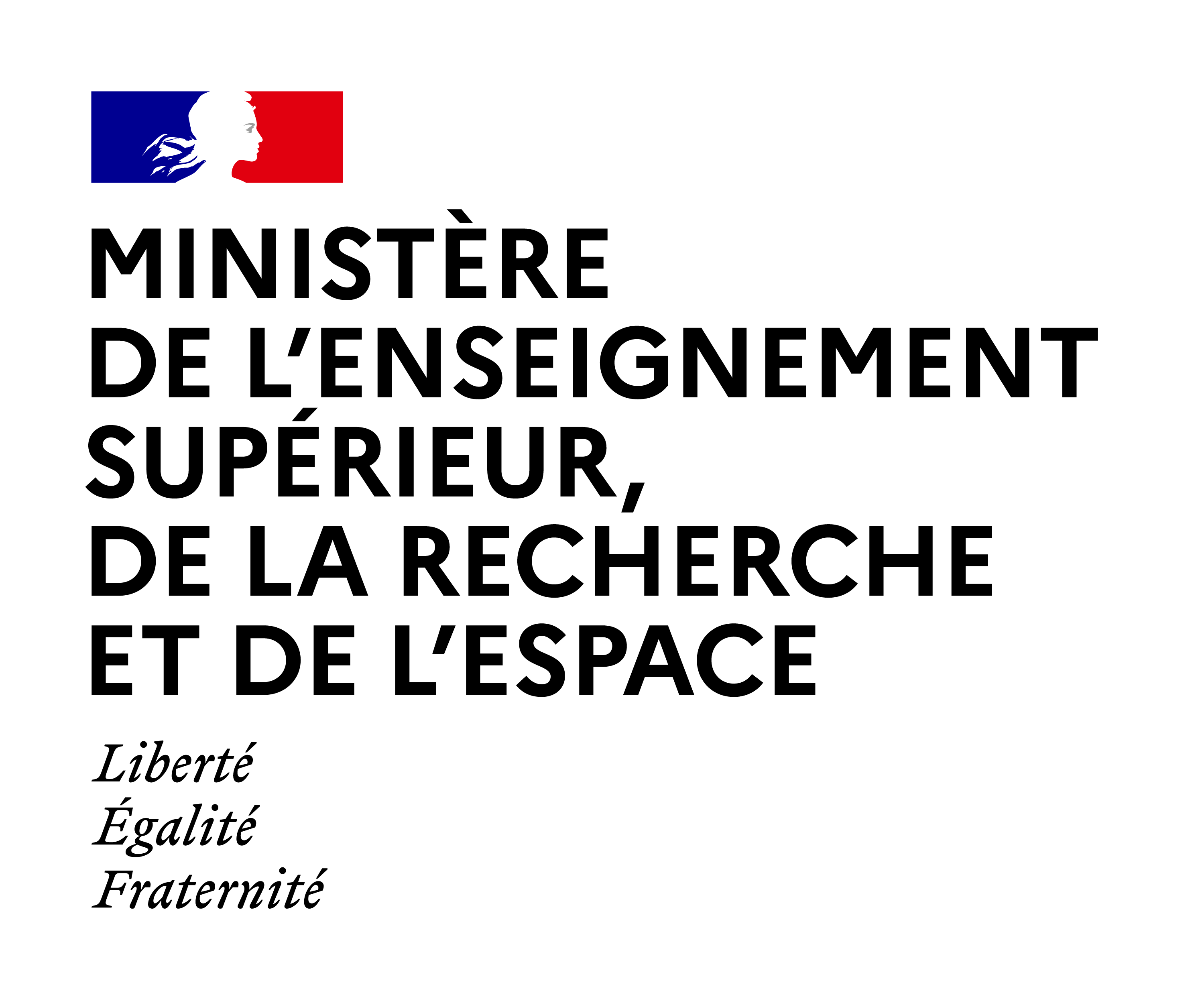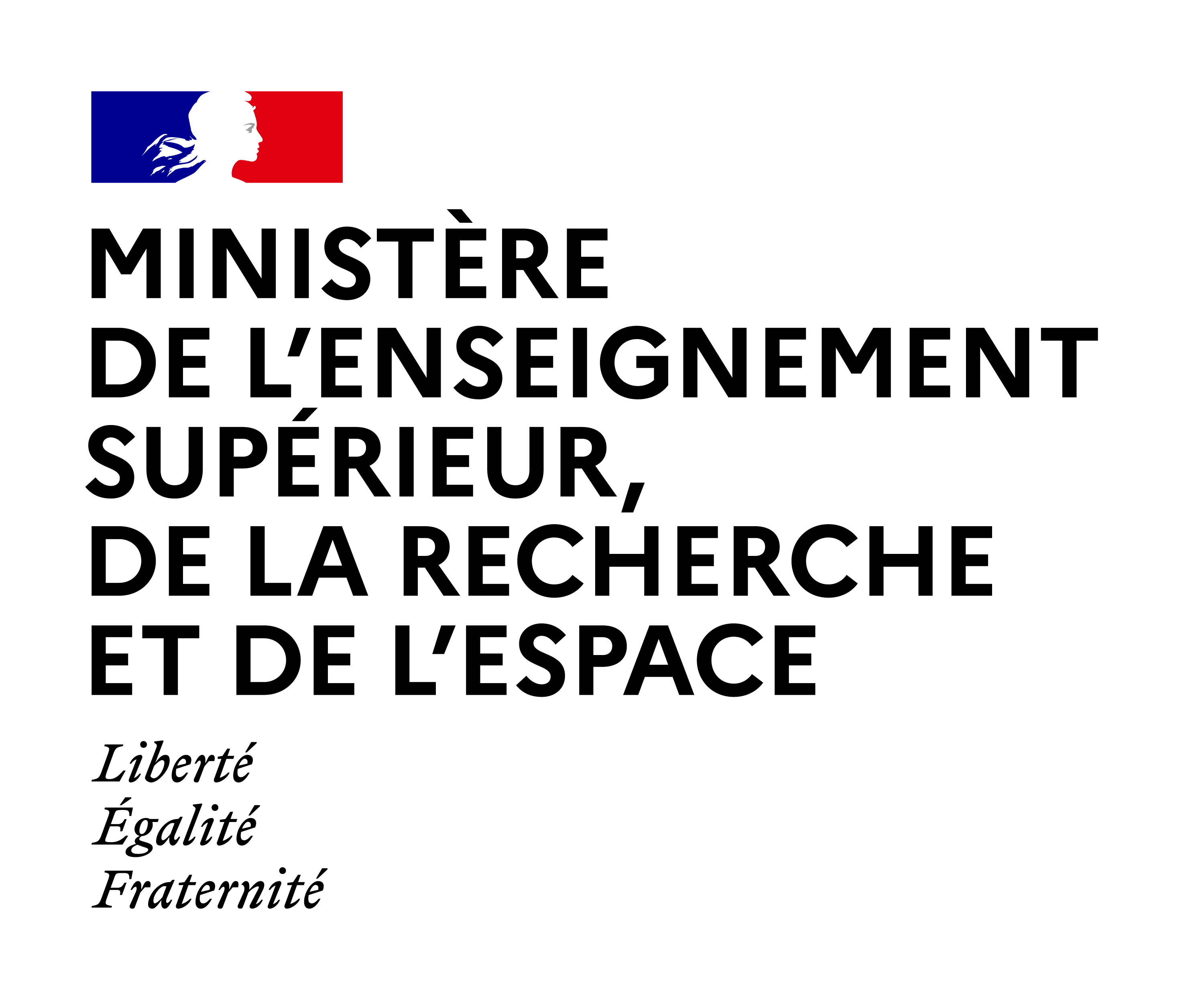
Sommaire
MultiScale Simulations (An Introduction to Complex Systems in Environment)
Date de création :
14.04.2017Auteur(s) :
Yacine MEZEMATE, Daniel SCHERTZERPrésentation
Informations pratiques
Cet ensemble de supports pédagogiques est la propriété, à parts égales, d’UNIT et de l'École des Ponts ParisTech. Il est régi par la licence logicielle GPL, dans sa version française CeCILL (http://www.cecill.info/licences/Licence_CeCILL-V1_VF.pdf).
Description de la ressource
Résumé
We have seen during the previous lecture the concept of cascade phenomenology and the different models that can be found in the literature. It has been showed the cascade generation is based on the scale invariance propriety and the multiplicative process. The use of simulation is increasingly common in environmental field because it allows us to access to information at small scale and to have a detailed description and understanding of the process. In the stochastic simulation we simulate the evolution of variables that can change stochastically (randomly) with certain probabilities. We will show in this lecture some of techniques to simulate (generate) some stochastic fields according to some probability distribution. We focus on the multifractal simulation tp show how can we generate a multi-scale (conservative and non-conservative) field . We finished with two exercises in order to practice the different techniques. Module 9 of the course set "An Introduction to Complex Systems in Environment"
- Granularité : module
- Structure : linéaire
"Domaine(s)" et indice(s) Dewey
- Techniques sanitaires et urbaines : approvisionnement en eau (628.1)
- Contrôle de la pollution et techniques d'hygiène industrielle : sites pollués, sols, air (628.5)
- Déchets, pollutions, polluants, bruit (363.7)
Domaine(s)
- Traitements de problèmes d'environnement
- Traitements de problèmes d'environnement
- Économie sociale
- Problèmes d'environnement
- Environnement
Informations techniques
- Niveau d'interactivité du document : medium
Intervenants, édition et diffusion
Document(s) annexe(s)
- Cette ressource fait partie de
Fiche technique
- LOMv1.0
- LOMFRv1.0
- SupLOMFRv1.0
- Voir la fiche XML





